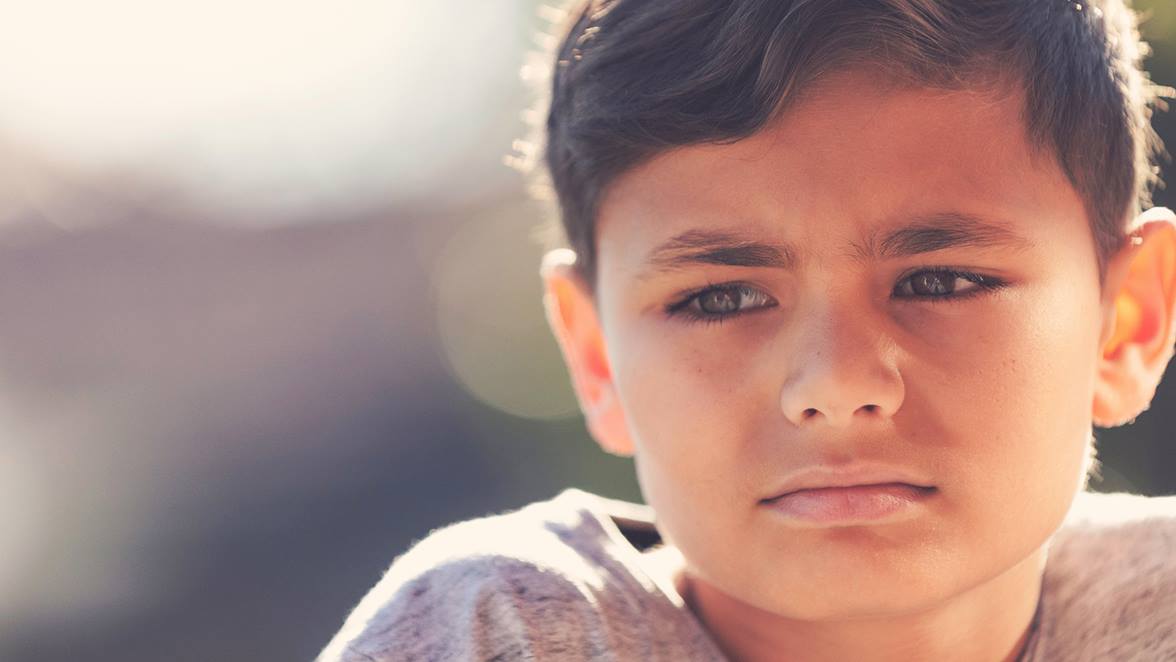ADHD and Emotions: What You Need to Know
By Thomas E. Brown, PhD

At a Glance
- Trouble managing emotions is a common ADHD symptom.
- Emotions can feel more intense with ADHD and get in the way of everyday life.
- There are ways you can help your child get control of and manage emotions.
Kids with ADHD have trouble with focus, impulsivity and, in some cases, hyperactivity. But for many kids with ADHD (also known as ADD), there’s another symptom that often isn’t mentioned—trouble managing emotions.
Researchers and professionals who treat kids with ADHD often report that emotions play a big role in the daily difficulties kids face. Kids with ADHD don’t have differentemotions than other kids. They feel hurt, anger, sadness, discouragement, and worry just like everyone else does.
What’s different for many kids with ADHD is that these feelings seem to be more frequent and intense. They also seem to last longer and get in the way of everyday life.
What Trouble With Emotion Looks Like
When kids have trouble managing their emotions, it can show up in different ways. Some might have trouble putting the brakes on their feelings when they’re angry or stressed about something. Others might struggle to get revved up to do something when they’re feeling bored.
Kids with ADHD, more than most kids their age, might also:
- Be quick to get frustrated by minor annoyances
- Worry too much or too long about even small things
- Have trouble calming down when they’re annoyed or angry
- Feel wounded or take offense at even gentle criticism
- Feel excessive urgency to get something they want now
Picture this scenario:
You hear your 11-year-old screaming at her younger brother. She comes running to find you and shouts about what he’s done. It turns out he’s made some comment about her hair. She wants you to punish him, and she gets mad when you don’t react. Then she complains all night long about how unfair that is.
Here’s another scenario:
Your 15-year-old has a ton of homework. But he doesn’t sit down to do it. Instead, he spends the afternoon texting with friends. You’ve already tried using consequences to try to motivate him to do his work. He just says it’s boring and acts like he doesn’t care. Nothing makes him stop what he’s doing and get moving on the homework.
Why Kids With ADHD Struggle With Emotions
The basic temperaments people have at birth influence how they behave from the start. Temperaments may change quite a bit—or not that much—as kids grow up.
Like other kids, kids with ADHD aren’t all alike in their temperaments. Some are more laid-back or timid. Others are more reactive, outspoken, and sometimes even aggressive.
But often, they don’t have the same capacity to manage their emotions as other kids their age. They have less ability to react to their own emotions using their brain’s reasoning powers.
Kids with ADHD typically have trouble with working memory. And that makes it very hard for them to keep the bigger picture in mind. They tend to get stuck in whatever they’re feeling in that moment.
As they grow up, most kids who don’t have ADHD learn how to manage their emotions so they don’t get too caught up in them. When they begin to feel too angry or hurt, they learn to say to themselves, “Calm down, chill out—this doesn’t have to be such a big deal.”
If they’re getting too discouraged trying to do something, they might be able to tell themselves, “OK, that doesn’t look like it’s going to work. I’ll try again, or I’ll try to find a better way to deal with it.”
Kids with ADHD are slower to develop on that front. It takes longer for them to gain the ability to calm down and get perspective. So they’re more likely to get too wrapped up in their own emotions.
As a result, they may:
- Be overwhelmed with discouragement, frustration, or anger
- Give up too quickly on whatever they’re doing
- Be reluctant to get started on something they should be doing
- Avoid interacting with others
In other words, their emotion of the moment can take over all of their thinking.
How to Help Your Child Manage Emotions
When kids are struggling with their feelings, it may seem like there’s no way to get through to them or to stop negative behaviors. But there are things you can do to help kids get control of and manage their emotions.
Start by acknowledging how they seem to be feeling. “I can see how disappointed you are about coming in second in the science fair.” Don’t argue about whether they should be feeling this way. That usually just escalates the problem.
Once kids are calm, offer to help them figure out some better way to deal with that emotion—one that might help switch their thinking. For example, you could say:
-
- “I know you’re upset and just want to leave the science fair and go home. But I’m proud of what you did.”
- “I know you worked hard on it and a lot of the people who looked at it seemed impressed. Even though you feel really disappointed about getting second place rather than first, you still have good reason to be proud of what you did.”
If your child often struggles with managing emotions, talk to your child’s doctor. You can talk about ADHD treatment that could help. You can also talk about whether counseling would help.
Key Takeaways
- Managing emotions can be harder for kids with ADHD than for other kids.
- Kids with ADHD can get stuck in whatever they’re feeling in the moment.
- Acknowledging what kids are feeling—rather than what theyshould be feeling—can help them get better at managing emotions.
- Origina here